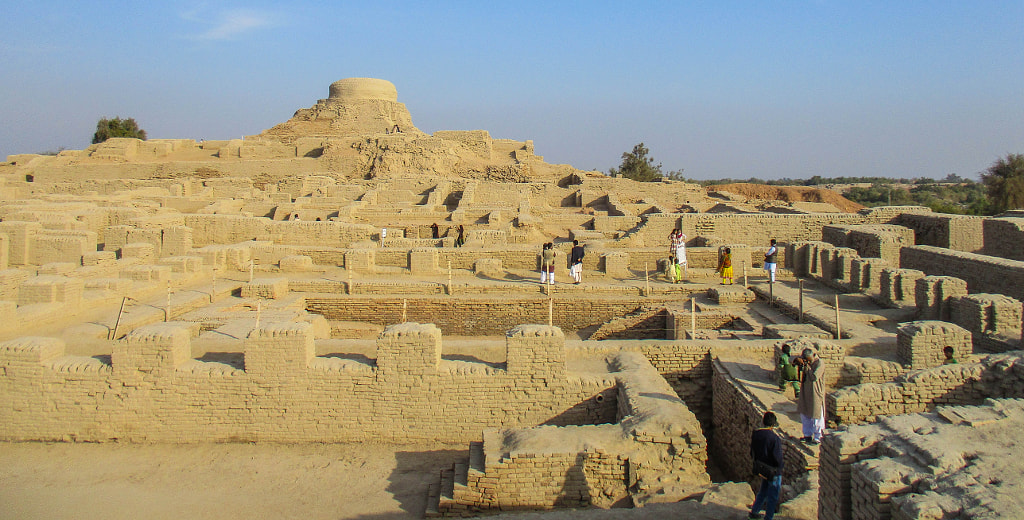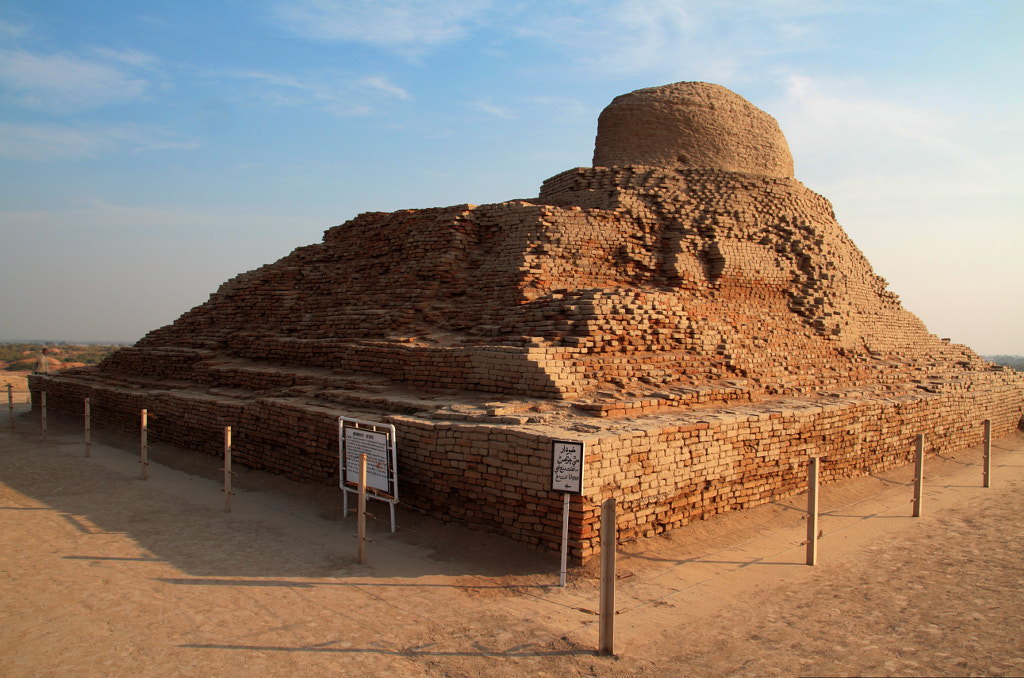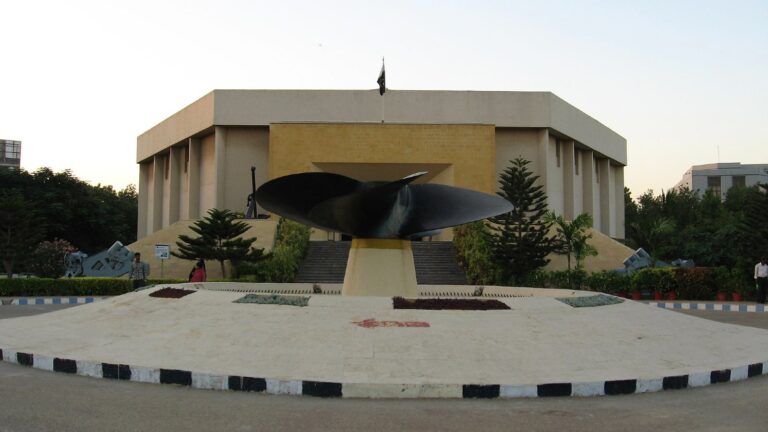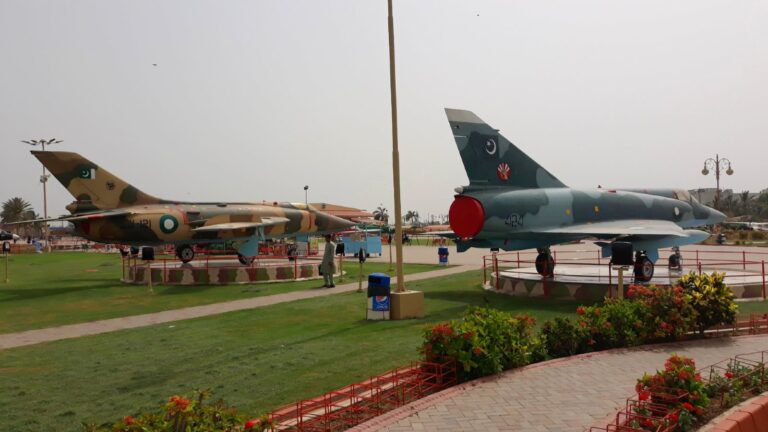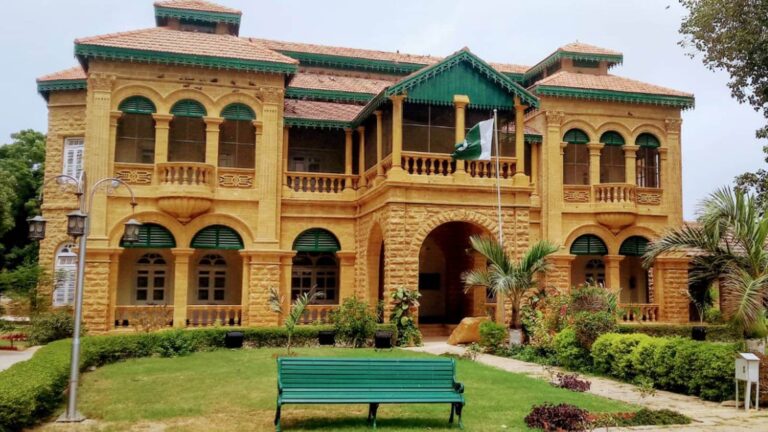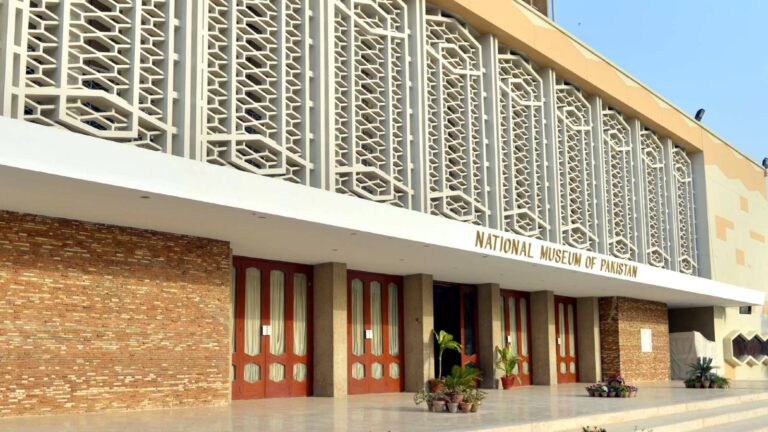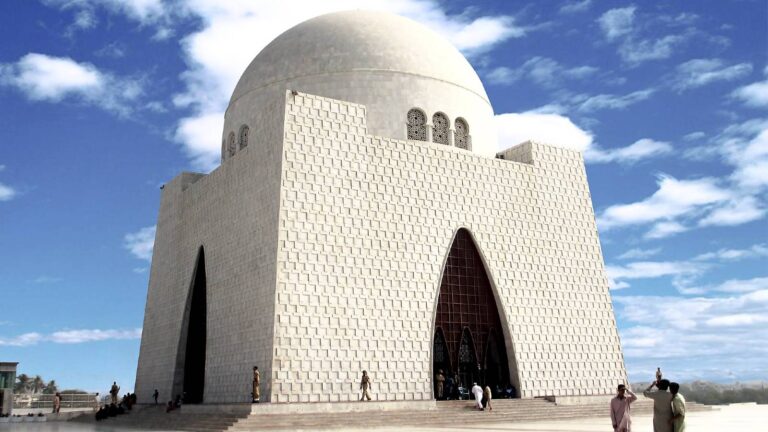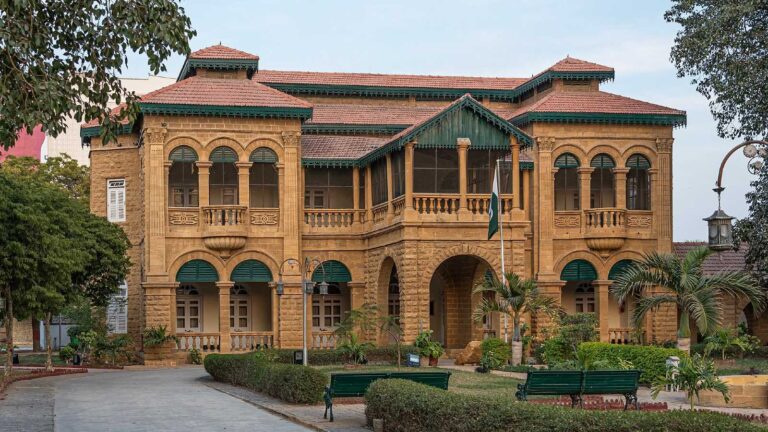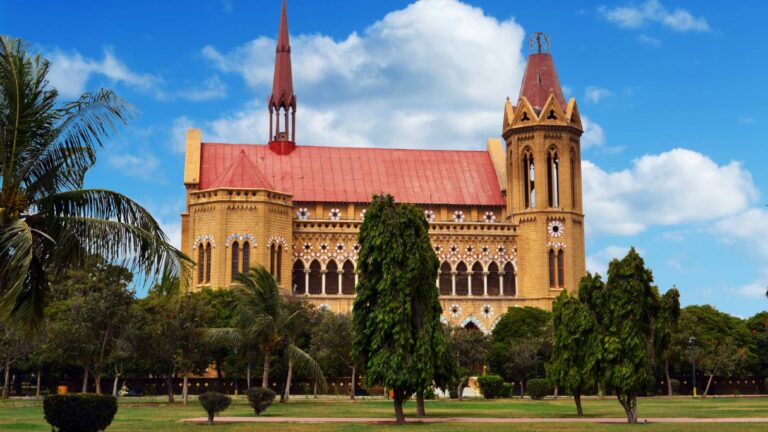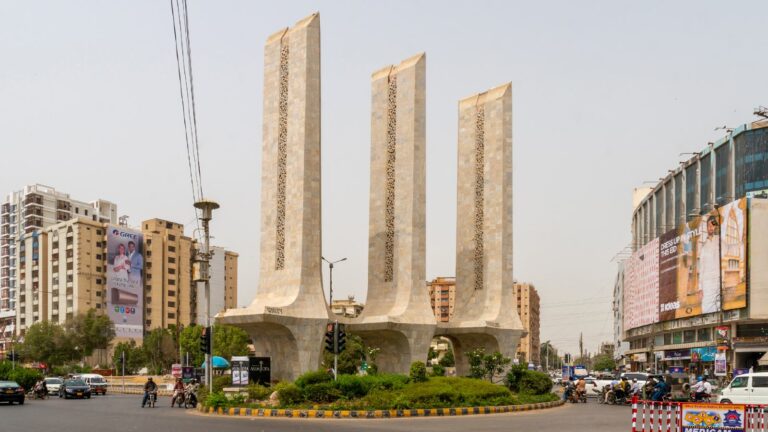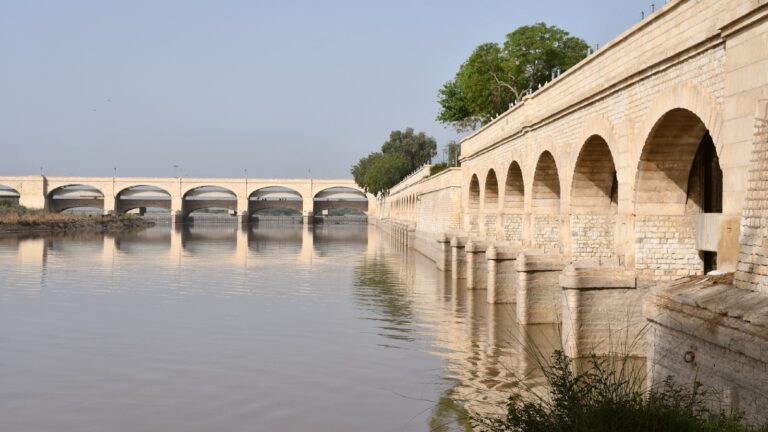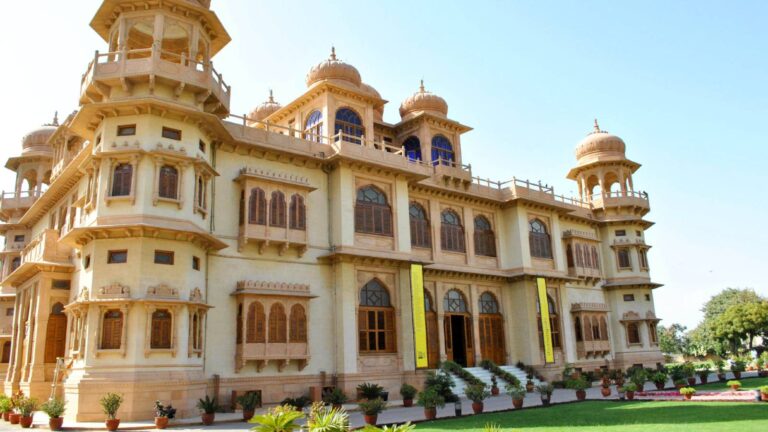Getting There
Mohenjodaro is located off the right (west) bank of the lower Indus river in Larkana District, Sindh, Pakistan.
The driving distance between Karachi to Mohenjodaro archaeology 439 km. It takes approximately 6 hours 11 mints according to Google map.
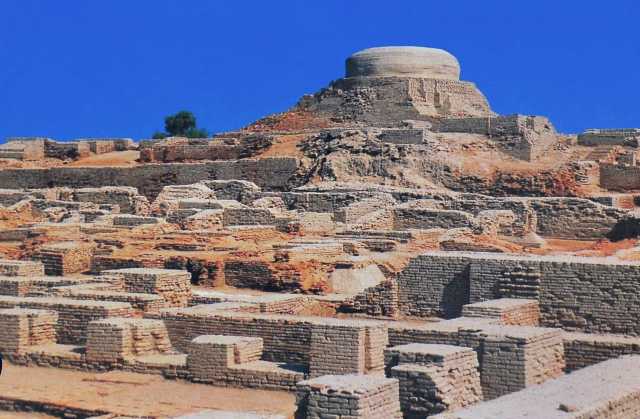
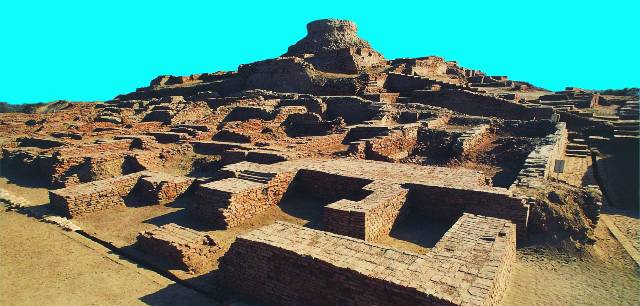
What to Expect
The most striking feature of Mohenjodaro, which is the most important remnant of Indus Valley Civilization or Harappan Civilization, is the fact that it is one of the earliest cities of the world, therefore in league with contemporaries like ancient Mesopotamian, Egyptian, Minoan, and Norte Chico civilizations.
History
The Archaeological Ruins at Mohenjodaro are the best preserved urban settlement in South Asia dating back to the beginning of the 3rd millennium BC, and exercised a considerable influence on the subsequent development of urbanization. The archaeological ruins are located on the right bank of the Indus River, 510 km north-east from Karachi, and 28 km from Larkana city, Larkana District in Pakistan’s Sindh Province. The property represents the metropolis of Indus civilization, which flourished between 2,500-1,500 BC in the Indus valley and is one of the world’s three great ancient civilizations.
The discovery of Mohenjodaro in 1922 revealed evidence of the customs, art, religion and administrative abilities of its inhabitants. The well planned city mostly built with baked bricks and having public baths; a college of priests; an elaborate drainage system; wells, soak pits for disposal of sewage, and a large granary, bears testimony that it was a metropolis of great importance, enjoying a well-organized civic, economic, social and cultural system.
Mohenjodaro comprises two sectors: a citadel area in the west where the Buddhist stupa was constructed with unbaked brick over the ruins of Mohenjodaro in the 2nd century AD, and to the east, the lower city ruins spread out along the banks of the Indus. Here buildings are laid out along streets intersecting each other at right angles, in a highly orderly form of city planning that also incorporated systems of sanitation and drainage.
Criterion (ii): The Archaeological Ruins at Mohenjodaro comprise the most ancient planned city on the Indian subcontinent, and exerted great influence on the subsequent urbanization of human settlement in the Indian peninsular.
Criterion (iii): As the most ancient and best preserved urban ruin in the Indus Valley dating back to the 3rd millennium BC, Mohenjodaro bears exceptional testimony to the Indus civilization.

